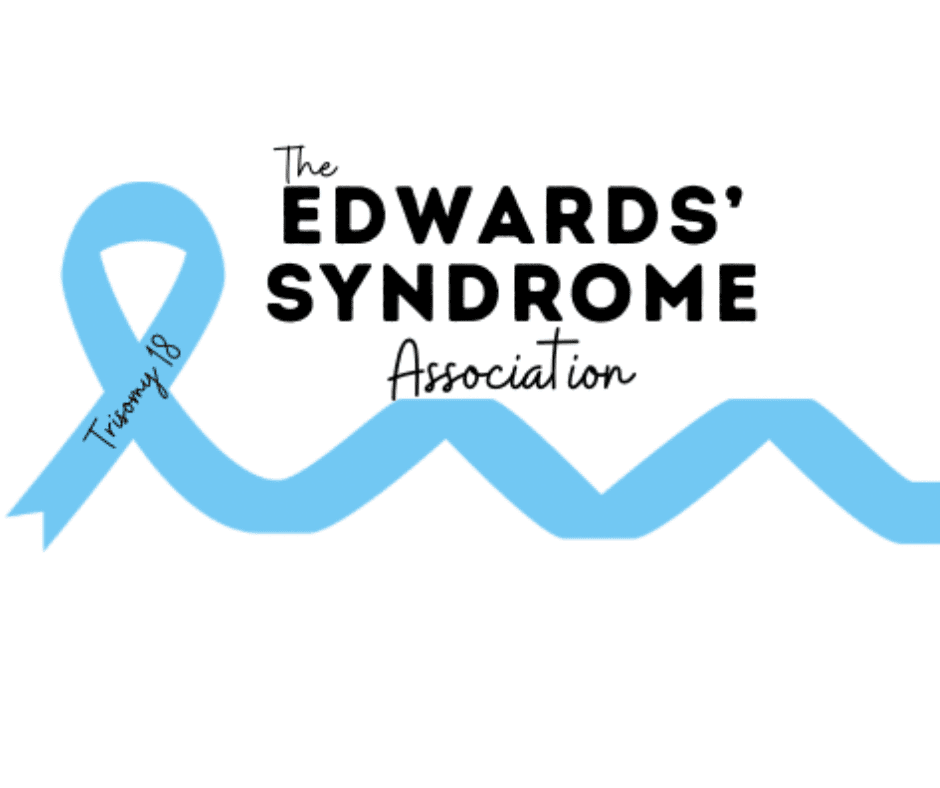Breaking Barriers Through Therapy
The Power of Therapy for Children with Trisomy 18
Therapy plays a vital role in supporting the growth, development, and well-being of individuals with Trisomy 18. From physical and cognitive challenges to communication and sensory needs, consistent therapeutic care can help address the complex realities of this diagnosis. With the support of licensed therapists, children can receive individualized strategies designed to meet their unique abilities and developmental goals.
Equally important is the role of home-based therapy. A structured plan of daily activities, exercises, and techniques tailored for the home environment helps reinforce progress made during professional sessions. These efforts not only strengthen developmental outcomes but also empower parents and caregivers to take an active role in their child’s journey.
By integrating simple routines—such as sensory play, motor skill practice, or communication exercises—families can create a nurturing, consistent environment that supports continued growth. These small, everyday moments often lead to the most meaningful milestones.
At the Edwards Syndrome Association, we are committed to equipping families with the tools, resources, and encouragement they need. Our goal is to ensure every child with Trisomy 18 has access to compassionate care and the opportunity to reach their full potential.
With the right support system, therapy can be a powerful force, fostering abilities, improving quality of life, and helping each child thrive.
🤲 Motor Skills & Physical Development
💙 Physical Therapy (PT)
Building Strength and Encouraging Movement
Physical therapy supports the development of motor skills, mobility, and body strength through guided movement and positioning. For children with Trisomy 18, PT can help improve head control, muscle tone, posture, and overall physical comfort. Therapists use gentle, hands-on techniques and play-based activities to support each child’s individual progress in a safe and encouraging environment.
💛 Occupational Therapy (OT)
Supporting Everyday Skills and Independence
Occupational therapy focuses on helping children build the fine motor skills and sensory processing abilities needed for daily life, like grasping objects, self-feeding, or engaging in play. For children with Trisomy 18, OT is tailored to meet specific developmental needs while promoting independence and comfort in everyday routines. Therapists work closely with families to create strategies that can be practiced both in sessions and at home.
🗣️ Communication & Feeding
💬 Speech and Language Therapy
Enhancing Communication and Feeding Skills
Speech-language therapy addresses a child’s ability to communicate, swallow safely, and use their mouth effectively. For children with Trisomy 18, this may include oral-motor exercises, feeding support, and alternative communication methods such as sign language or communication boards. Therapists focus on meaningful, individualized ways to help each child connect with others and express themselves.
🍼 Feeding Therapy
Promoting Safe and Effective Feeding Skills
Feeding therapy helps children who experience difficulties with eating, drinking, or swallowing. For children with Trisomy 18, therapists assess oral motor function and develop personalized strategies to improve feeding safety and comfort. This may include modifications to food textures, guidance on positioning, or support for children using feeding tubes. The goal is to make mealtimes safer and more positive for both child and caregiver.
🧘 Sensory Processing & Comfort
🌈 Sensory Integration Therapy
Helping Children Respond Comfortably to the World Around Them
Sensory integration therapy is designed for children who have difficulty processing everyday sensory input, such as touch, sound, movement, or light. Children with Trisomy 18 may benefit from sensory-based activities that help regulate their responses and reduce overstimulation. Therapists create structured, calming experiences to support comfort, attention, and functional participation in daily life.
👁️ Vision Therapy
Improving Visual Skills for Interaction and Learning
Vision therapy focuses on developing the brain’s ability to interpret and respond to visual information. For children with Trisomy 18 who may have visual delays or impairments, therapy can support tracking, focusing, and recognition skills. Therapists use structured exercises and visual stimulation techniques to help children more effectively engage with their surroundings and build visual awareness.
🌊 Specialized Therapies
💦 Aquatic Therapy
Movement and Relaxation in a Supportive Water Environment
Aquatic therapy takes place in a warm pool and uses the buoyancy and resistance of water to support movement, flexibility, and strength. For children with Trisomy 18, the water’s gentle support can reduce joint stress, increase mobility, and make physical activity more comfortable. Aquatic sessions are both therapeutic and enjoyable, often increasing participation and engagement.
🐴 Hippotherapy
Therapeutic Support Through Horseback Riding
Hippotherapy involves using the natural movement of a horse as part of a therapy session guided by a licensed therapist. For children with Trisomy 18, this rhythmic motion helps improve balance, core strength, coordination, and sensory processing. In addition to physical benefits, hippotherapy can provide emotional enrichment and a unique connection to nature in a safe, controlled setting.
